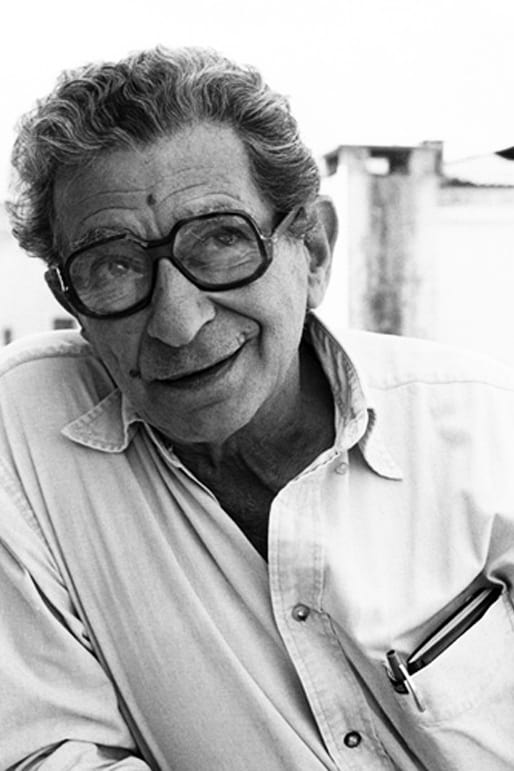
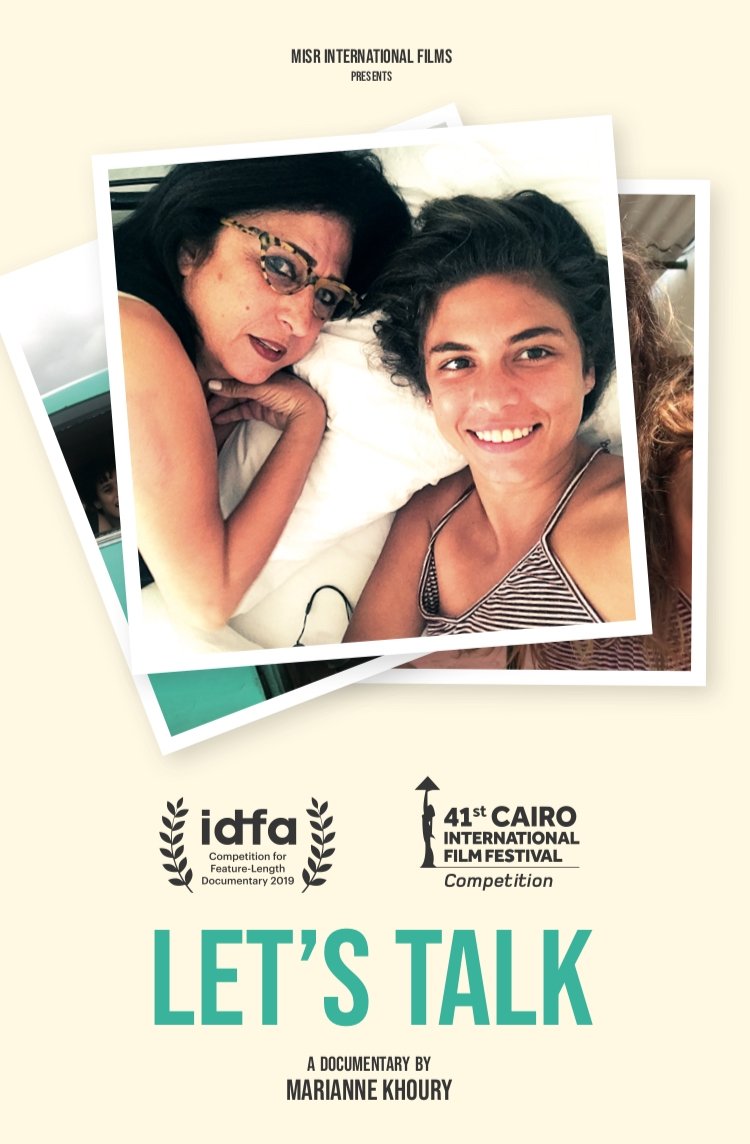
A mother and her daughter explore together the trajectory of four generations of women from their family, an Egyptian family from the Levant where life and cinema have been intimately linked and still are. A cross look between family archives where the real and the fiction and the autobiographical films of Youssef Chahine mingle. From Alexandria to Cairo, passing through Paris and Havana, an intimate and visceral narrative where mother and daughter cross space and time to trace destinies and question their emotions
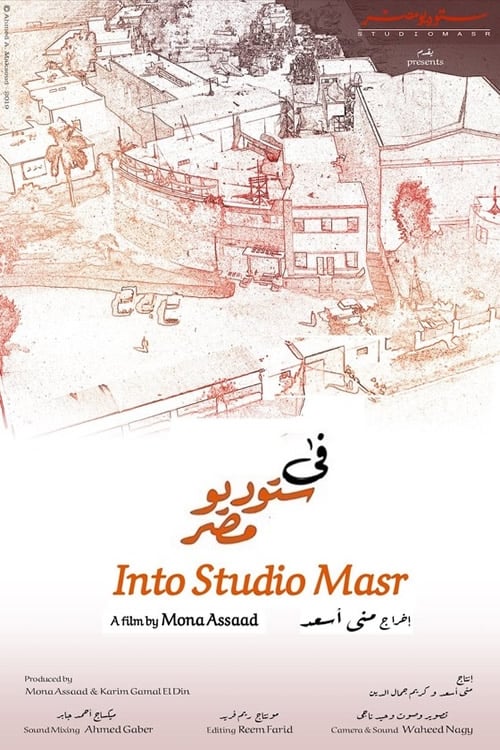
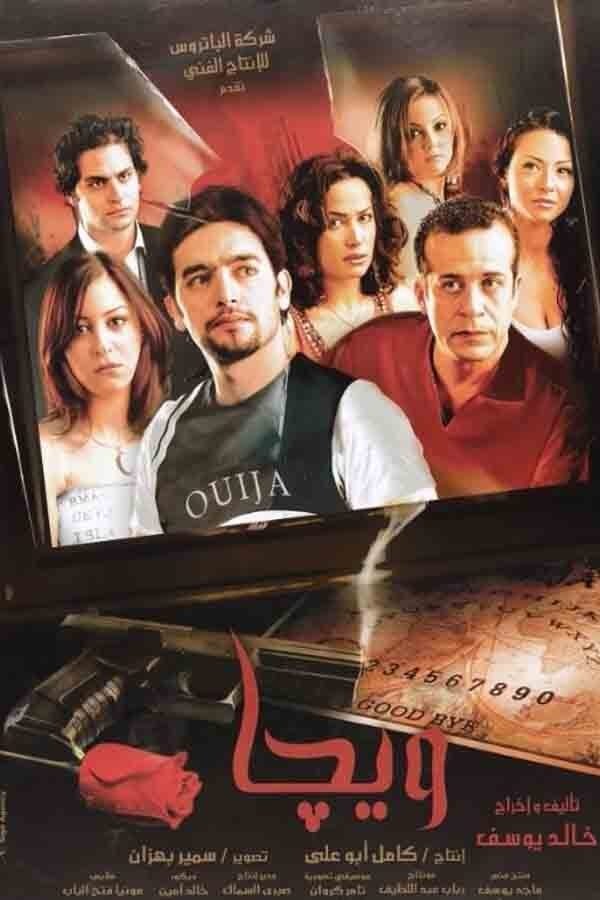
Two strangers try to solve a mystery that revolves around both of their tragic pasts. At the heart of the mystery lies a mystic board with an ability to kill.
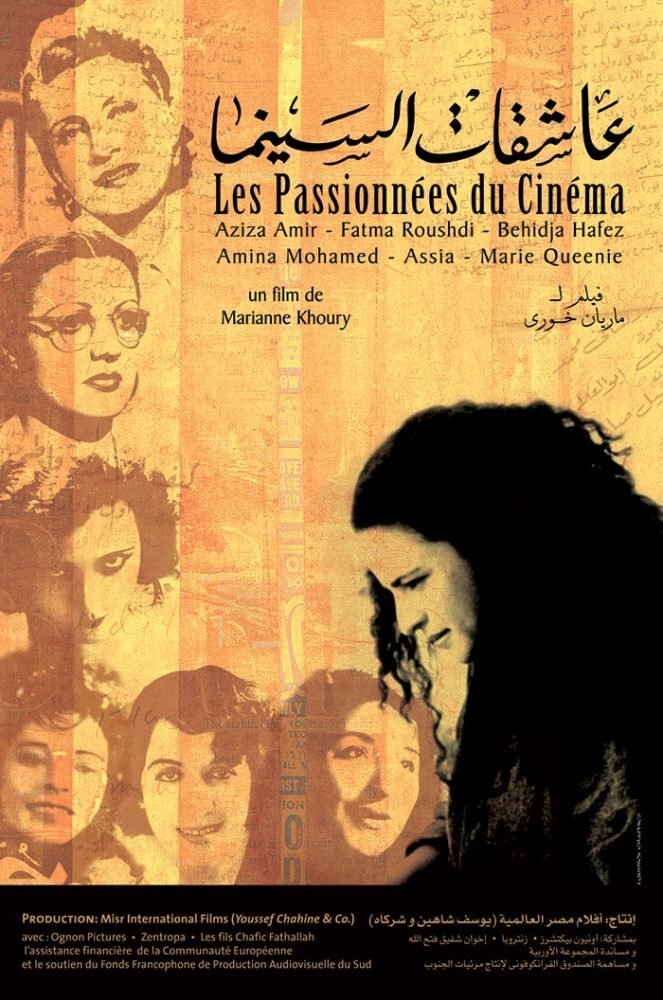
Six strong-willed women whose adventurous streak changed the face of film industry in early twentieth century Egypt – a time when the country was, despite the liberal ripples, still steeped in conservative tradition. The film shows how these women, different as they were in class and social background, broke taboos and dismissed conventional wisdom to fulfill their overpowering passion for filmmaking. Women Who Loved Cinema takes us to the past and brings us, seamlessly, to the present day. Aziza ... Fatema ... Behidja ... Amina ... Assia … Mary... theirs is a story that will remain indelibly etched in the memory of Egyptian cinema.
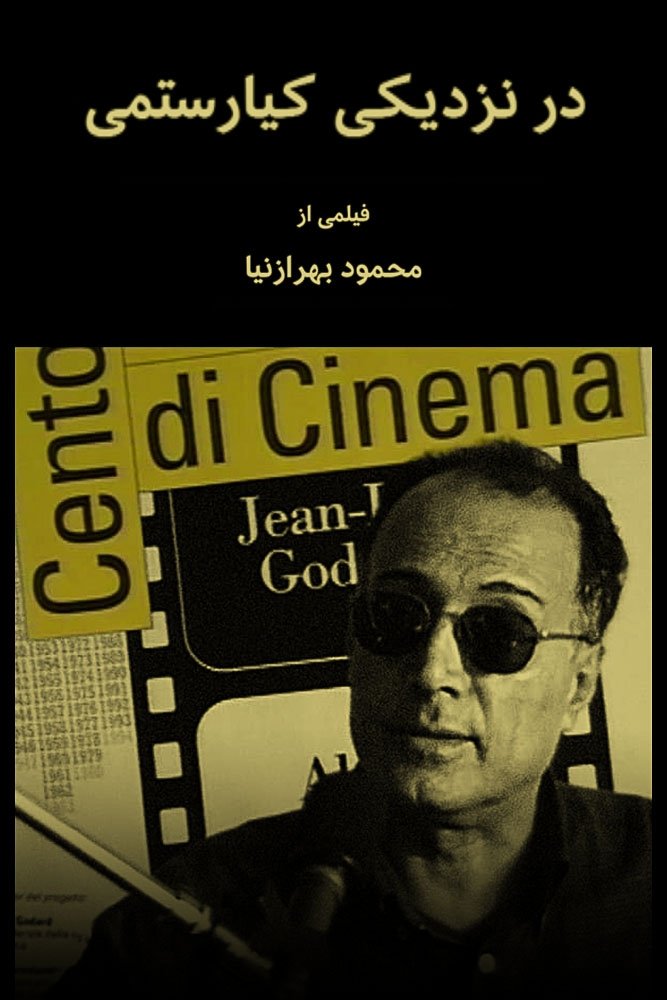
A documentary that focuses on Abbas Kiarostami's cinematic philosophy talking to himself and other figures, and also seeks the opinion about his works both inside and outside his homeland.
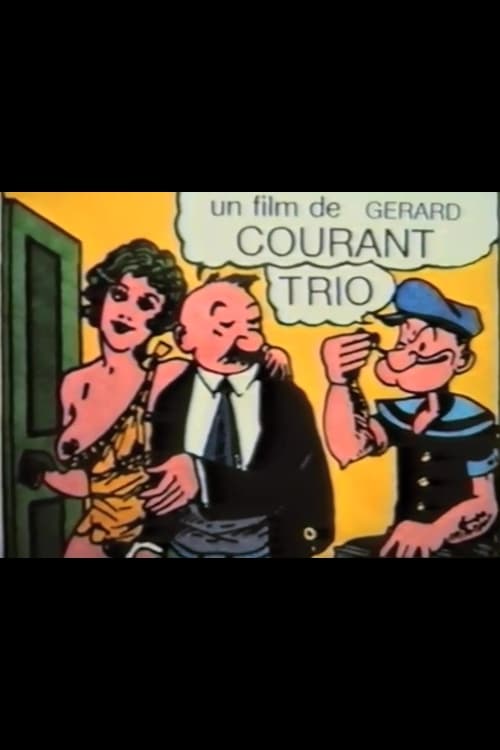
Trio is a cinematic series of filmed portraits that shows, in a single large, fixed and silent shot of 3 minutes and 20 seconds, three people free to do what they want.
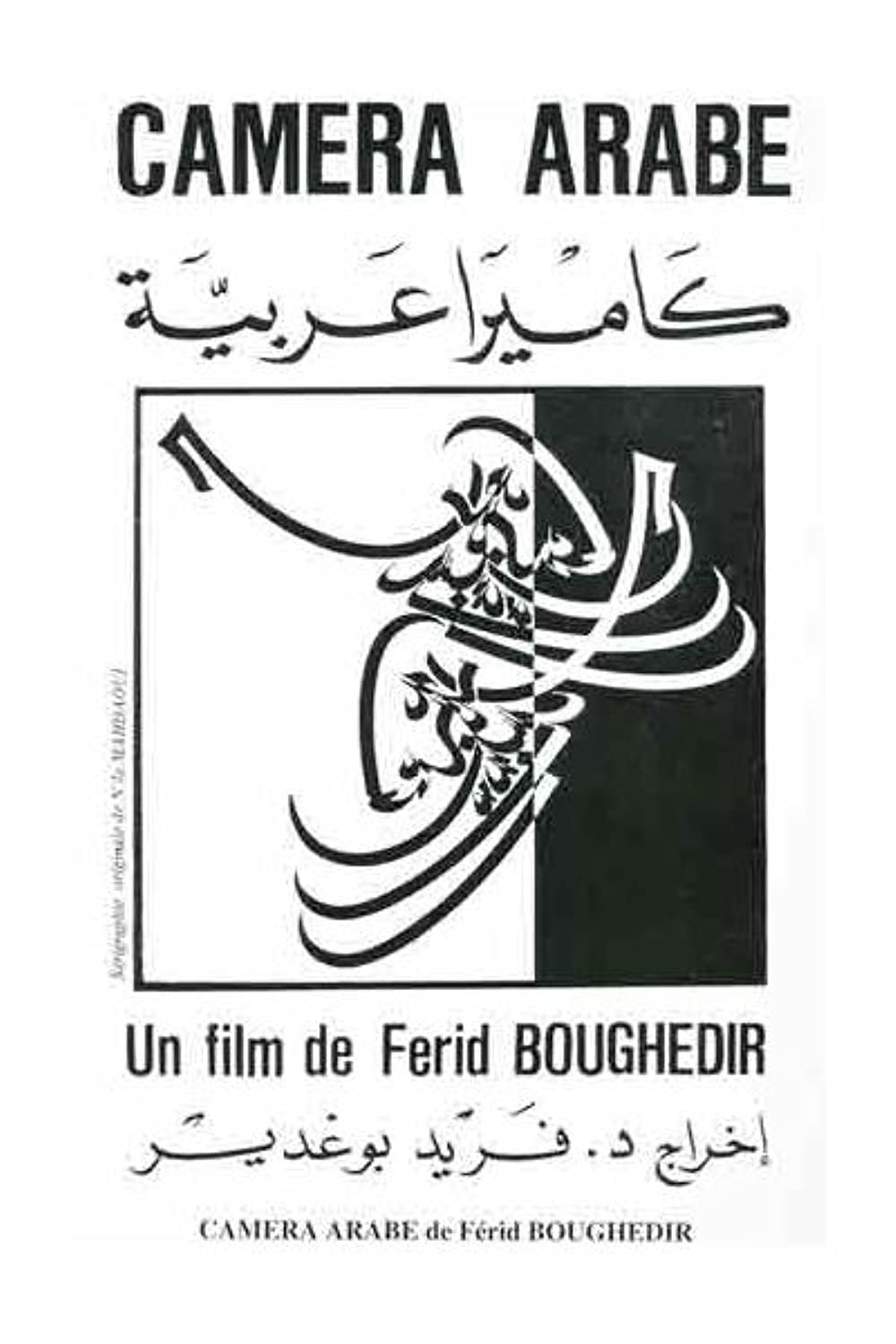
Focusing on key Arab films produced in the last 20 years. Férid Boughedir traces the development of the film-makers' concern to produce more socially aware cinema. Themes include the issue of Palestinian homeland rights and the nature of Arab identity. The film-makers also share a desire to develop a strong poetic tradition.
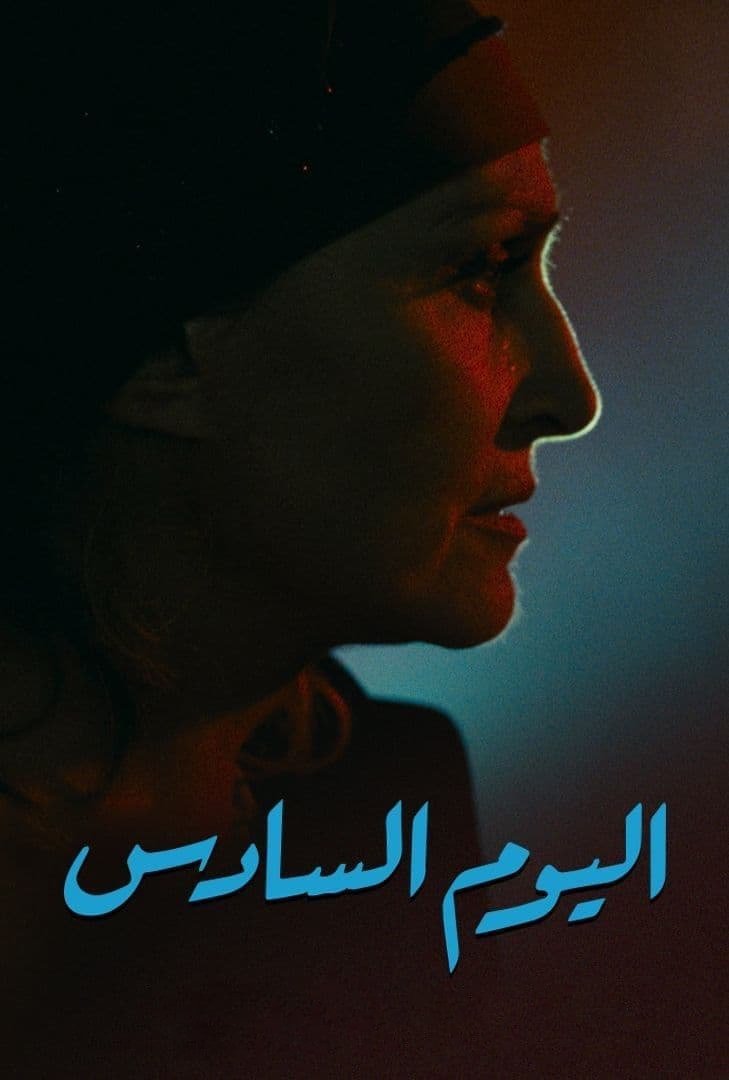
Egypt, 1947: in the midst of a cholera outbreak. A washerwoman tries to take care of her family, while at the same time resisting the advances of a charming suitor who's half her age.
Youssef Chahine (born in Alexandria, Egypt, 1926) started studying in a friars' school and then turned to Victoria College until High School Certificate. After one year at the University of Alexandria, he moved to the U.S. and spent two years at the Pasadena Play House, taking courses on film and dramatic arts. After coming back to Egypt, cinematographer Alevise Orfanelli helped him into the film business. His film debut was Baba Amin (1950): one year later, with Son of the Nile (1951) he was first invited to the Cannes Film festival. In 1970, he was awarded a Golden Tanit at the Carthage Festival. With Le moineau (1973), he directed the first Egypt-Algeria co-production. He won a Silver Bear in Berlin for Alexandria... Why? (1979), the first installment in what proved to be an autobiographic trilogy, completed with Hadduta Masriya (1982)(An Egyptian Story (1982)) and Alexandria: Again and Forever (1989). In 1992, Jacques Lassalle proposed him to stage a piece of his choice for Comédie Française: Chahine chose to adapt Albert Camus' "Caligula," which proved hugely successful. The same year he started writing The Emigrant (1994), a story inspired by the Biblical character of Joseph, son of Jacob. This had long been a dream project, and he finally got to shoot it in 1994. In 1997, 46 years and 5 invitations later, he was again selected Hors Competition in Cannes with Destiny (1997).
By browsing this website, you accept our cookies policy.